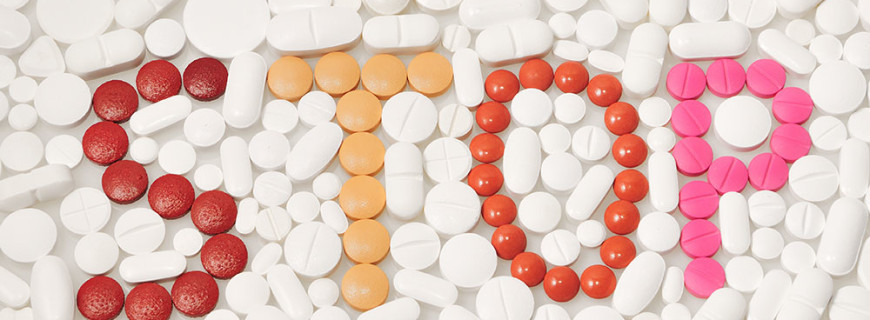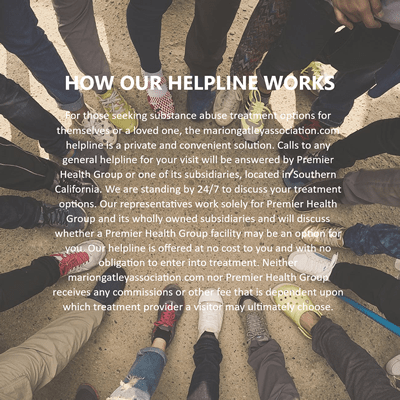After years of battling crippling addiction, both addicts and their families may feel disheartened. If an addict is trying their best to stay clean and simply can’t take the pain and anxiety of withdrawal, they may fall once again into the pit of addiction. Now, with extended research on addiction and treatment, we can learn how to better treat our friend, family, and colleagues when they are faced with the mountain of addiction with no summit in sight. Effective treatment takes a long thoughtful look at where the steps that lead to escapism came from. Therapy is necessary to find the root cause of such extremity. Perhaps the addict was abused or neglected as a child. All too often, a son to an alcoholic follows in his father’s. The debate between scientists whether addiction comes from nature or nurture, but anyone can become a drug addict or alcoholic. Genetics play a key role in the formation of destructive habits, but it is critical to take the time to learn about the causes of each case of addiction, to better learn how to treat it.
To do so, long-term treatment is imperative. Dual Diagnosis treatment not only guides the patient through clinically managed detox, but through residential inpatient treatment as well as intensive outpatient treatment which involves therapists and the addict’s family, and eventually leading to a treatment plan and sober living. In 2013, Foundation Recovery Network conducted research on the effectiveness of long-term dual diagnosis treatment that resulted in staggering and exciting changes for the patients that were a part of the study. In their study, both drug and alcohol intake was down in the majority of the patients. 65 percent of patients did not drink alcohol in the last thirty days prior to their one year interview and 82 percent didn’t use drugs. The National Institute on Drug Abuse reports that drug addiction relapses are around the same rate that chronic diseases like asthma and hypertension, ranging from 40 to 60 percent. Though, alcohol is on the good side of normal in the FRN study, drug abuse rates are twice, if not three times, as effective in Dual Diagnosis treatment.
Mental health is an integral part of healing addiction. The FRN reported that after Dual Diagnosis treatment, less than half of the patients had psychological problems while 86 percent had reported issues a year before. That is due to the treatment of mental illness and health at these residential inpatient centers and intensive outpatient facilities after a careful detox at a recovery rehab. The FRN reports that 24 percent of mentally ill patients also suffer from addiction. To treat addiction, we must also treat mental health instead of incarcerating inmates.
When looking for treatment for your friend, loved-one, or yourself make sure to get into a program that treats patients with the extensive long-term and thoughtful approach of Dual Diagnosis. If you need a Dual Diagnosis rehabilitation center or detox facility, please call Intervention drug rehab centers immediately.
Blog
Benefits of Dual Diagnosis Treatment

Benefits of Dual Diagnosis Treatment
Posted in Blog


